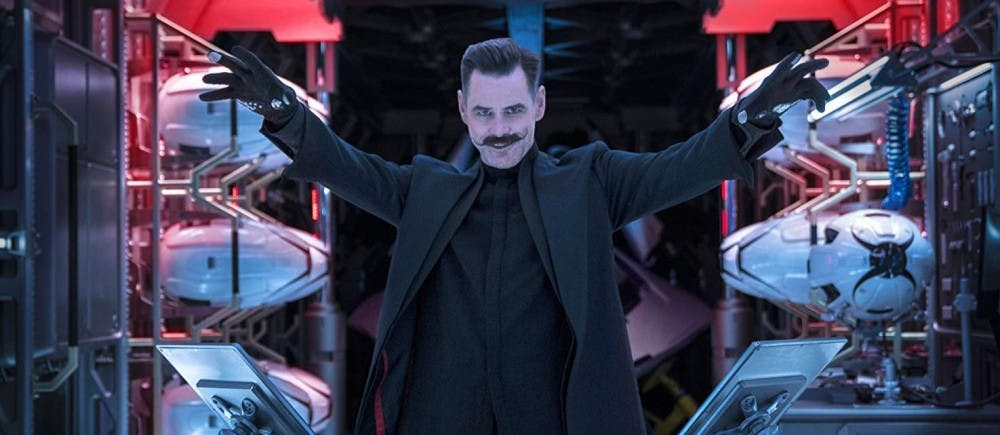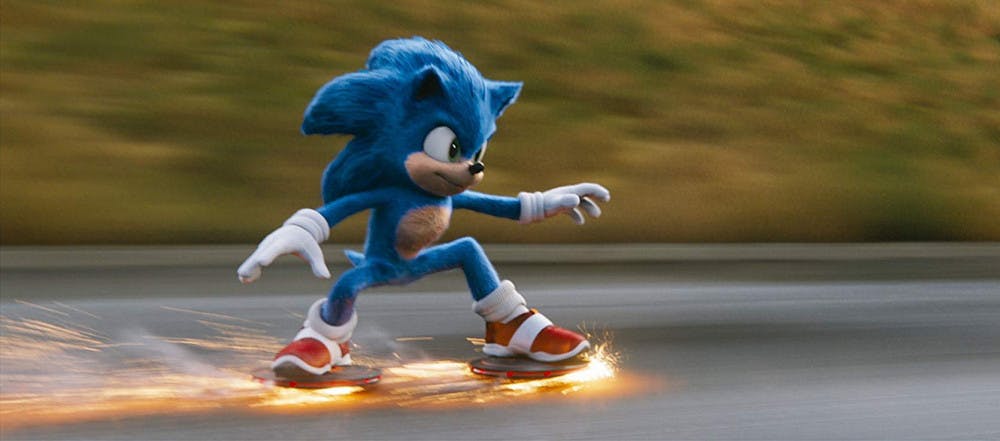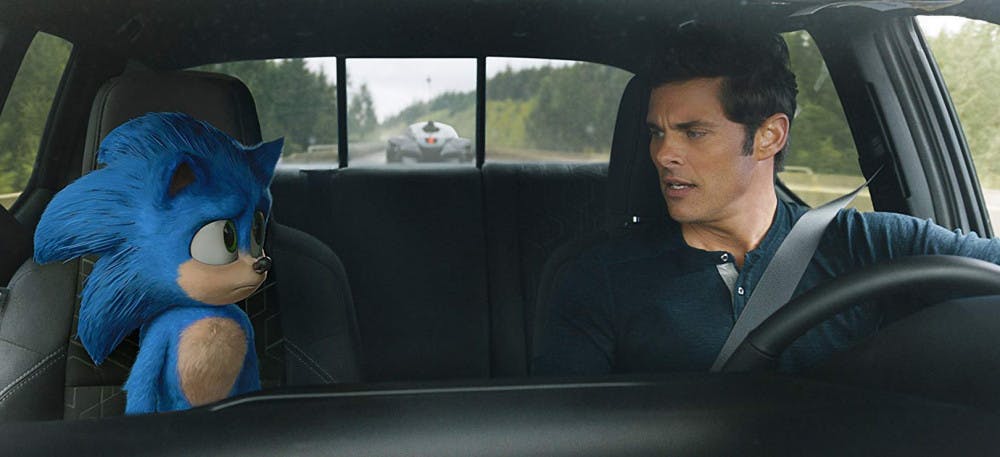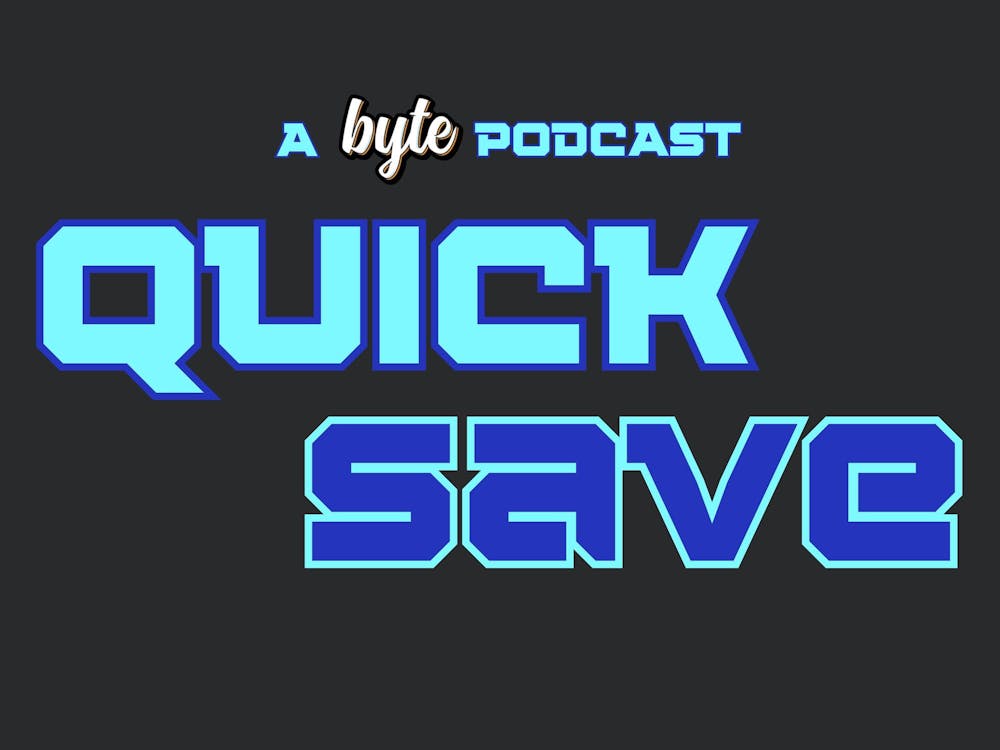by Trevor Sheffield Once upon a time in 1991, the world was introduced to Sonic the Hedgehog. Created by Japanese video game developer Sega and debuting with a self-titled game on the Sega Genesis console, he was created to embody everything “cool” at the time. Through an extensive ad campaign promoting this radical new character and the mythical power of “Blast Processing,” Sonic made people go wild. He came to dominate the 90s, with multiple successful games, cartoons, merchandising opportunities, and even theme parks. Then came the new millennium, and it all went to Hell. In the aftermath of the franchise’s jump to 3D gameplay, the 2006 release of Sonic the Hedgehog (dubbed Sonic ‘06) sent the entire series back leaps and bounds both in terms of gameplay and in the eyes of the general public. Since then, the Sonic franchise has carried a massive chip on its shoulder, playing off its repeatedly low critical reception largely through making fun of itself, if the brand’s infamous Twitter account is anything to go by. With a hotly anticipated feature adaption on our hands, one must ask: Can Sonic still leave an impact with modern audiences, even in an age where the franchise’s legacy is seemingly built upon irony and its own missteps?
When you’re here, you’re family

Crunching hedgehogs
appearance came out saying Cats ,
Running in circles

IMDb IMDb



















